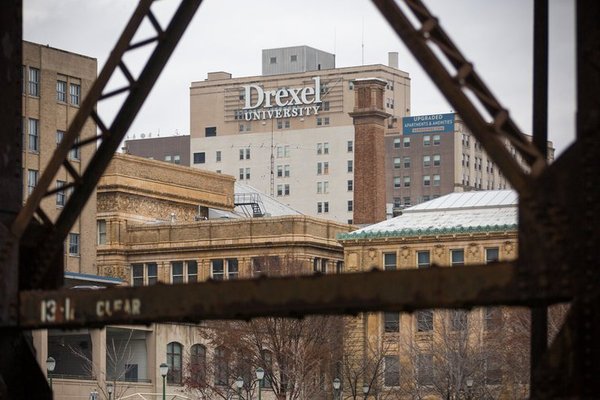Drexel University has been added to a list of schools being investigated by the U.S. Dept. of Education for alleged antisemitic and Islamophobic incidents on campus.
The reason for the investigation has not been disclosed by the department's Office of Civil Rights, which has opened investigations into 83 schools, including the University of Pennsylvania and Lafayette University in Easton, for alleged "discrimination involving shared ancestry" amid the Israel-Hamas conflict.
- READ MORE
- Philly's ski mask ban became law last week, but there are questions about its effect — and its constitutionality
- 'Undignified practice' of tranq tourism puts Kensington’s opioid crisis in the social media spotlight
- City denies Right-to-Know requests for 76ers arena proposal, activists demand more information
In October, Drexel investigated an arson case in which a Jewish student's dorm room door was lit on fire – three days after Hamas attacked Israel. Days later, antisemitic graffiti was found inside an academic building's bathroom. Students also have voiced concerns about the doxxing and intimidation of pro-Palestine student organizers across the U.S.
Drexel released a statement saying it "does not tolerate acts of bias, discrimination and harassment and will fully cooperate with the Department of Education's Office of Civil Rights in its investigation."
The Office of Civil Rights is investigating Drexel and the other schools for possibly violating the Civil Rights Act of 1964, which "prohibits discrimination on the basis of race, color, and national origin in programs and activities receiving federal financial assistance."
Schools found to have violated the law could lose federal funding, but the Office of Civil Rights has not revealed details about its investigations. The initial investigations – which included Penn and Lafayette – were disclosed in November.
Penn has faced national scrutiny for the university's response to antisemitism on campus. President Liz Magill resigned earlier this month after her testimony at a congressional hearing on antisemitism drew widespread criticism. Last week, the GOP-led Pennsylvania House denied Penn's veterinarian school state funding, saying the university needed to do more to combat antisemitism.
Penn faculty members have expressed concerns about donors' influence on university's academic and governance policies following Magill's ouster. Last week, hundreds signed a letter in response to an email from a Marc Rowan, a donor and head of the Wharton School's board of advisors. The email alluded to the potential elimination of some departments and a reexamination of the criteria for hiring Penn faculty.

